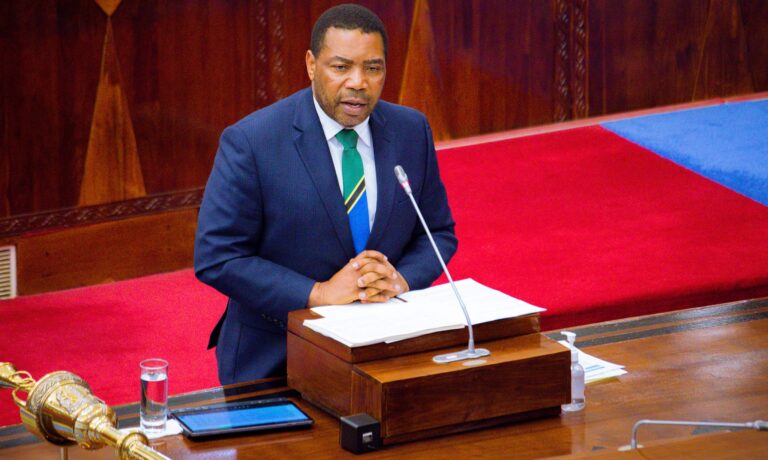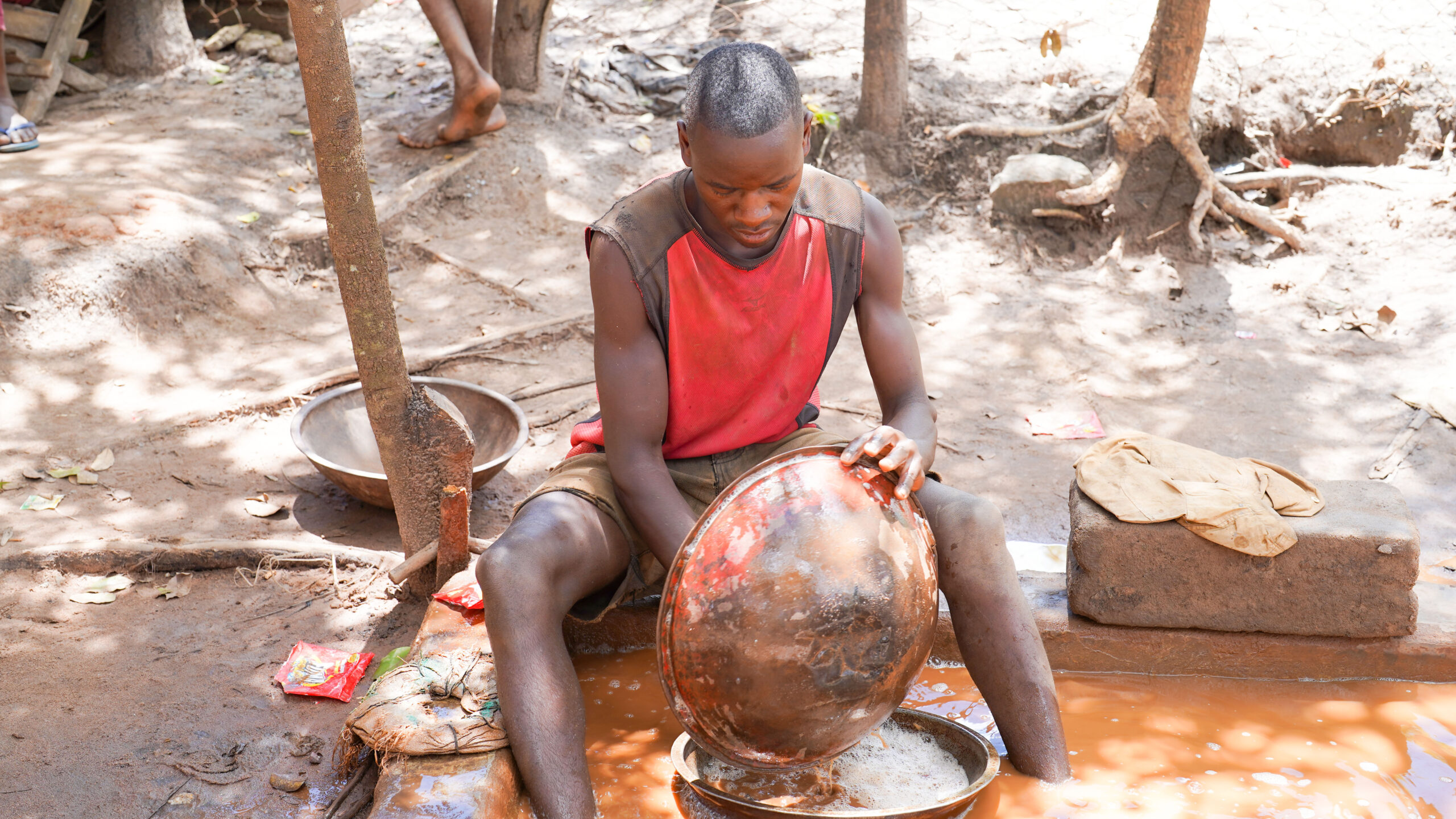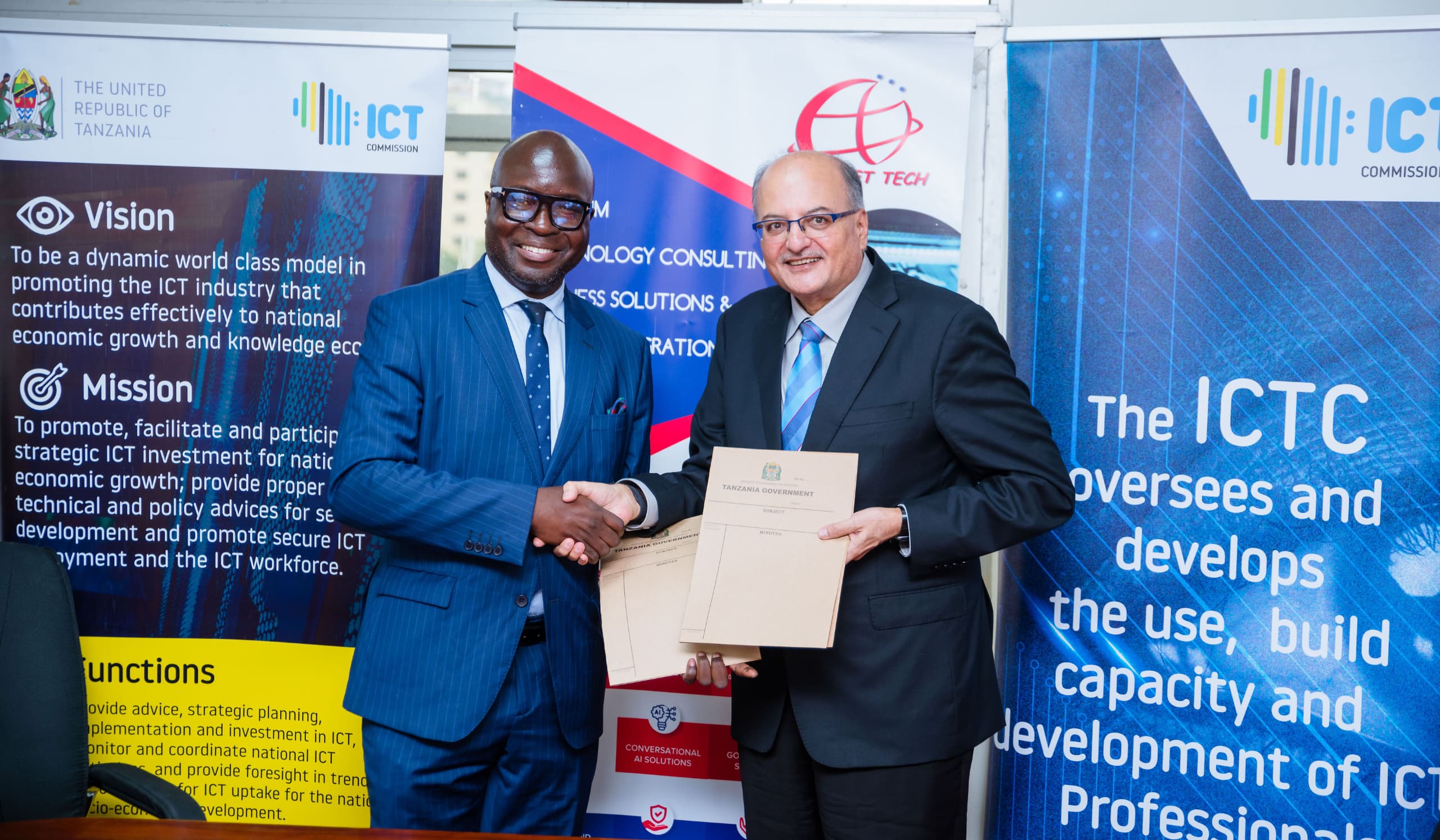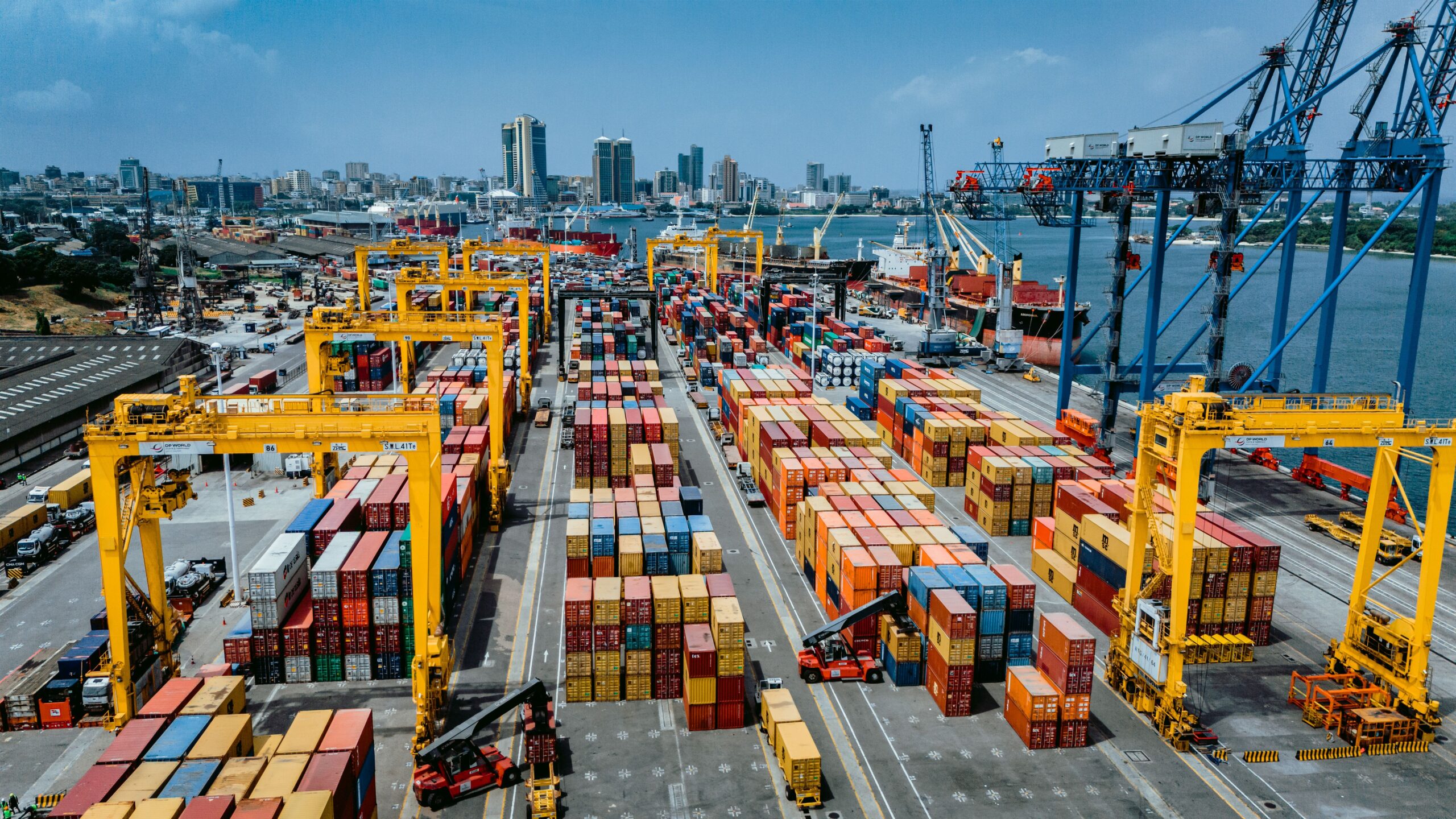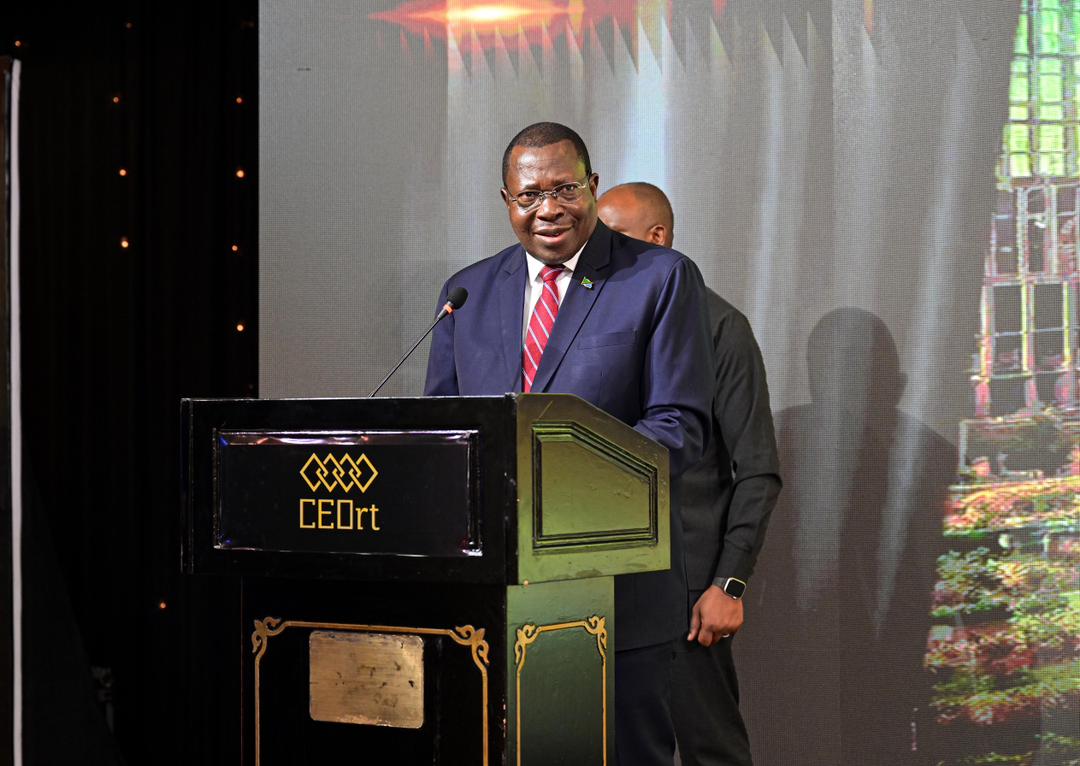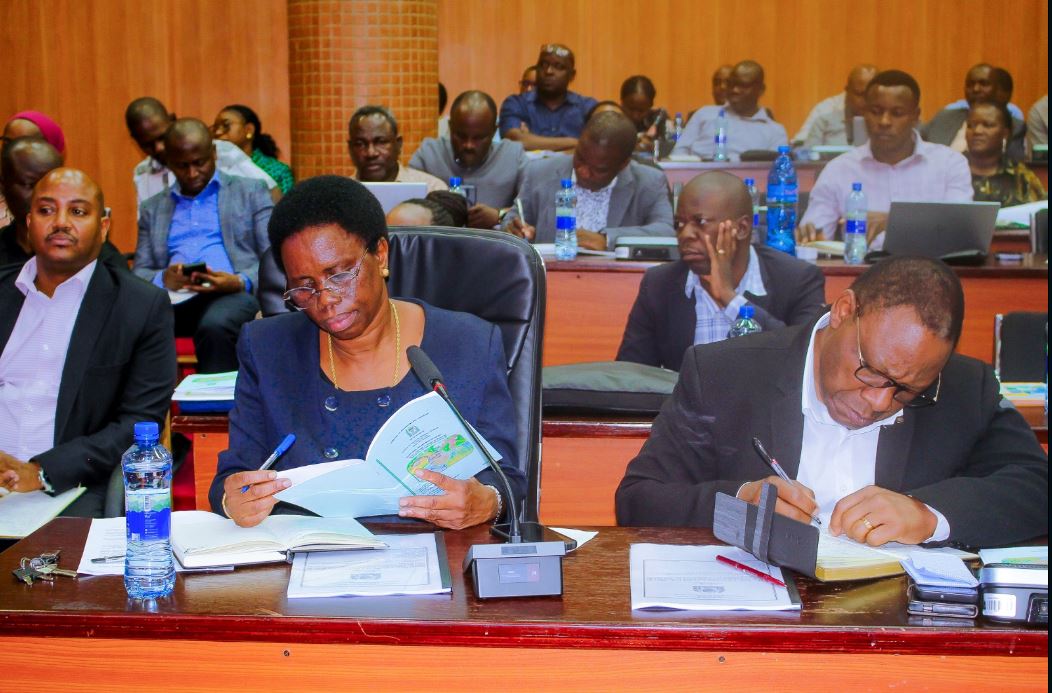Dodoma. The Tanzanian Parliament on Tuesday, June 24, 2025 overwhelmingly approved the government’s Sh56.49 trillion budget for the 2025/26 financial year.
373 Members of Parliament (98.7 percent) voted in favour of the estimates in an open voting session held in the debating chamber.
Speaking before the vote, the minister for Finance, Dr Mwigulu Nchemba, said the Tanzania’s public debt remains sustainable.
“The debt is sustainable, and we must borrow for development,” he said, as he defended the government’s financing strategy.
He said the approved budget is aligned with the country’s development aspirations, particularly those articulated in the Third National Five-Year Development Plan (FYDP III), which prioritises the implementation of strategic and flagship projects, productivity-enhancing programmes, and investment in human capital, especially in social service sectors.
Dr Nchemba explained that the government would continue to pursue inflation containment measures in light of global price volatility.
He cited plans to strengthen domestic production through increased use of locally produced natural gas and alternative energy sources in order to reduce reliance on imported petroleum products.
The strategy also includes boosting domestic manufacturing of essential goods such as fertilisers, cooking oil, and sugar, while maintaining prudent fiscal and monetary policies to ensure macroeconomic stability.
Recognising the central role of productive sectors in driving economic growth and employment, Dr Nchemba revealed that Sh10.24 trillion—equivalent to 18.12 percent of the total budget—has been allocated to those sectors.
He said this allocation underscores the government’s intent to spur industrialisation and broaden the country’s economic base.
The 2025/26 budget also caters for several priority areas, including the rehabilitation and construction of sports infrastructure ahead of the 2027 Africa Cup of Nations (AFCON), preparations for the 2025 General Election, and completion of strategic and transformative projects.
In the agriculture sector, Dr Chemba announced that Sh1.9 trillion has been allocated, marking a significant increase of over 200 percent compared to the 2021/22 budget.
He said this reflects the government’s commitment to achieving food security and rural development.
Expressing gratitude to lawmakers for their contributions during the budget debate, Dr Nchemba said: “We appreciate all the views expressed—both oral and written—for their value in building a shared understanding and aligning national priorities with the interests of the people.”
He added that the 12th has made a lasting mark through its support for laws, resolutions, and plans that advance national development.
“You will be remembered for your support to the President’s efforts to accelerate the development agenda, especially through high-impact projects in productive, enabling infrastructure, and social sectors,” said Dr Nchemba.
The budget will be financed through domestic revenue amounting to Sh40.47 trillion, development assistance of Sh1.07 trillion, and loans totalling Sh14.95 trillion.
Of the domestic revenue, tax collections are projected at Sh32.31 trillion, non-tax revenue at Sh6.48 trillion, and local government own-source collections at Sh1.68 trillion.
Borrowing includes Sh6.27 trillion from domestic sources and Sh8.68 trillion from external lenders.
Government spending under the new budget includes Sh7.71 trillion for salaries and pensions, Sh7.81 trillion for the procurement of goods and services, Sh6.49 trillion for interest payments on public debt, and Sh23.04 trillion in subsidies and transfers to public institutions and local government authorities.
Additionally, Sh7.72 trillion is earmarked for repayment of principal on both domestic and external debt.
The resounding endorsement of the budget signals broad political support for the government’s fiscal strategy as Tanzania seeks to maintain macroeconomic stability, stimulate growth, and deepen structural transformation.

